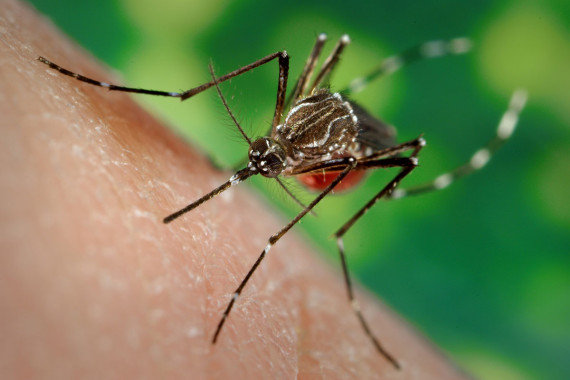

The mosquitoes that spread dengue are active during the day.
Lower the risk of getting dengue by protecting yourself from mosquito bites by using:
clothes that cover as much of your body as possible;
mosquito nets if sleeping during the day, ideally nets sprayed with insect repellent;
window screens;
mosquito repellents (containing DEET, Picaridin or IR3535); and
coils and vaporizers.
Mosquito breeding can be prevented by:
preventing mosquitoes from accessing egg-laying habitats by environmental management and modification;
disposing of solid waste properly and removing artificial man-made habitats that can hold water;
covering, emptying and cleaning domestic water storage containers on a weekly basis;
applying appropriate insecticides to outdoor water storage containers.
If you get dengue, it’s important to:
rest;
drink plenty of liquids;
use acetaminophen (paracetamol) for pain;
avoid non-steroidal anti-inflammatory drugs, like ibuprofen and aspirin; and
watch for severe symptoms and contact your doctor as soon as possible if you notice any.
So far one vaccine (QDenga) has been approved and licensed in some countries. However, it is recommended only for the age group of 6 to 16 years in high transmission settings. Several additional vaccines are under evaluation.
